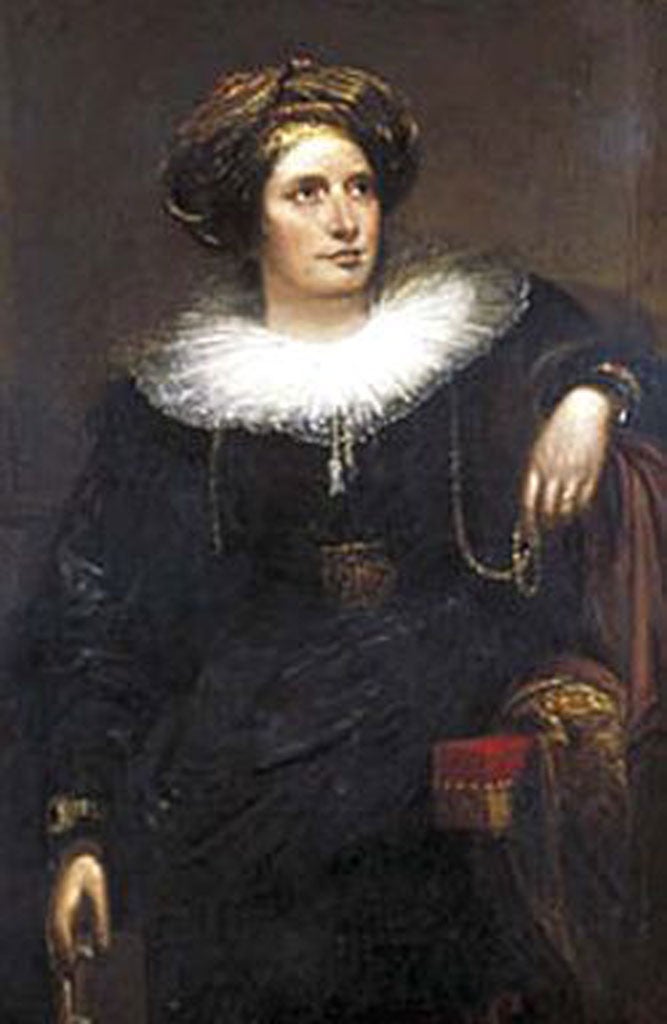Maria and the Admiral, By Rachel Billington
A legendary sailor and a sharp-witted traveller join forces in this novel of South America's past

The drama of the 19th-century wars for independence in South America has not always translated well into literature. Even Gabriel García Márquez struggled in his account of Simon Bolívar, The General in his Labyrinth, often viewed as a less successful work.
There is something about the epic and complicated nature of the struggle as it surged across the continent that resists easy exposition – that, and the temptation to mistake the generalissimos who led it as comic, bombastic figures trying to strut a world stage.
The first of CS Forester's Hornblower novels sets the tone. In The Happy Return, the young captain, loosely modelled on Lord Thomas Cochrane, is sent around Cape Horn to help an insane magalomaniac calling himself El Supremo in his battle against the Spanish. Rachel Billington takes one brief episode in the actual career of Thomas Cochrane to give a more nuanced account, through the eyes of her heroine, Maria Graham. Maria ("to rhyme with pariah", as she introduces herself) was an adventurous travel writer whose books were published by John Murray. In 1822, recently widowed and bored, she was living in Chile when Cochrane's boat appeared over the horizon.
Admired by Napoleon and the radical press, Cochrane had escaped from an England that no longer valued him to aid the cause of independence in Latin America. When Maria meets the admiral, he has helped San Martí* to take Peru and Bernardo O'Higgins to take Chile: ahead lies a further campaign in Brazil. The flirtatious Kitty Cochrane has been left behind in Britain and Maria sets out unapologetically to take her place as the admiral's amanuensis.
Cochrane is handsome, brilliant, stubborn and wilful; the perfect romantic hero, although Maria's sharp observations note both his snoring and tendency, like many a sailor, to keep his eye on the horizon rather than the girl. Not that, at 40, she is so girlish – part of the considerable charm of the story is that this is a tale of older love.
There is an admirable economy to Billington's writing. It moves us through death, earthquakes and childbirth with something of the brisk, matter-of-fact qualities of Defoe. Cochrane and Graham even stop over at the Juan Fernandez islands where Crusoe was shipwrecked.
This economy cuts well against the hyperbole of the Spanish rhetoric of the politicians Maria meets. Hers is an assured, self-deprecating voice: the epitome of the intelligent Englishwoman abroad, trying to make sense of the complexities of love and politics in a continent that is changing seismically.
Hugh Thomson's 'The Green Road into the Trees: An Exploration of England' is published by Preface
Join our commenting forum
Join thought-provoking conversations, follow other Independent readers and see their replies
Comments